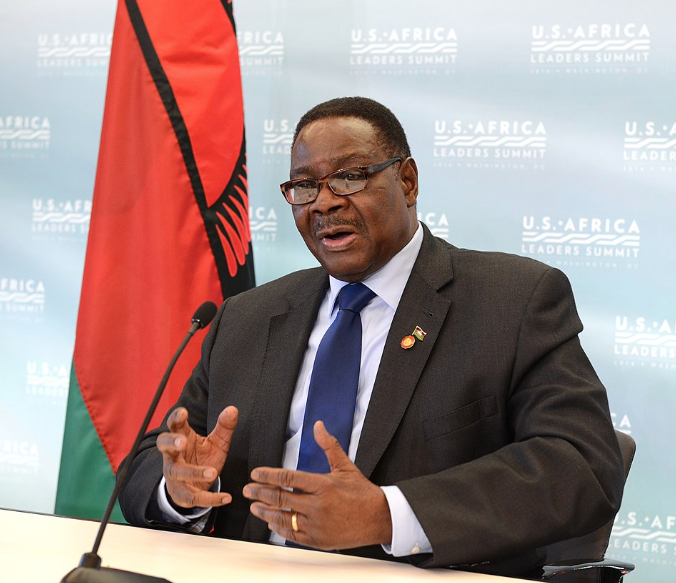
Tanzania 2025: Some of Contenders Facing Off with President Samia Suluhu
Elections were held on October 29, 2025
SADC said it is “closely monitoring developments” in Tanzania.
In Summary

Audio By Vocalize

The Southern African Development Community (SADC) has expressed deep concern over escalating violence and political unrest in Tanzania following the country’s General Elections held on October 29, 2025.
In a statement, the Chairperson of the SADC Organ on Politics, Defence and Security Cooperation, and President of Malawi, Arthur Peter Mutharika, said the regional bloc is “closely monitoring developments” in Tanzania as reports of deaths, injuries, and widespread destruction continue to emerge.
“SADC calls upon all stakeholders to exercise maximum restraint and refrain from actions that may further escalate violence and unrest,” Mutharika appealed.
He reaffirmed SADC’s readiness to assist through its established mechanisms to facilitate dialogue and promote a peaceful resolution to the crisis.
“We therefore appeal for an immediate cessation of hostilities and urge all parties to prioritise the well-being and livelihoods of the people of the United Republic of Tanzania,” he said, emphasising the importance of “peaceful and constructive dialogue” as the preferred means of addressing grievances.
Mutharika further called on Tanzanian security forces to act with restraint in the use of force while maintaining law and order, and urged the government to pursue peaceful solutions to avoid further bloodshed and destruction.
The appeal comes amid ongoing turmoil triggered by the disputed presidential election, in which incumbent Samia Suluhu Hassan was declared the winner in a poll boycotted or blocked by several major opposition figures.
The opposition has denounced the results as illegitimate, alleging voter suppression and intimidation.
Suluhu was declared the winner, having secured 97.66 per cent of the vote.
The electoral commission announced that she garnered “over 31.9 million votes” out of the roughly 32.7 million votes cast, according to official figures.
Turnout was high — around 87 per cent of registered voters were said to have participated, according to electoral officials
Widespread protests erupted in the aftermath of the announcement, with Dar es Salaam, Mwanza, and Arusha witnessing some of the worst violence. Demonstrators have accused the government of staging a one-sided election and responded by blocking roads, burning tyres, and clashing with police.
The opposition claims that more than 700 people have been killed in the unrest — including over 350 in Dar es Salaam alone — while the United Nations Human Rights Office has voiced concern over credible reports that security forces used live ammunition against protesters.
In response, the government has imposed a nationwide curfew, deployed military units to key urban areas, and restricted internet access.
Beyond the post-election turmoil, Tanzania continues to grapple with wider human rights challenges, including gender-based violence and reports of enforced disappearances of critics.

Elections were held on October 29, 2025